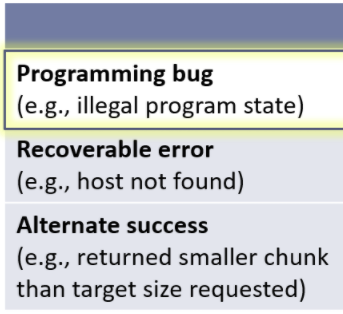Semaphores in C++20--Rainer Grimm
A new useful construct in the standard library.
Semaphores in C++20
by Rainer Grimm
From the article:
Semaphores are a synchronization mechanism used to control concurrent access to a shared resource. They also allow it to play ping-pong...

 Solution just posted:
Solution just posted: